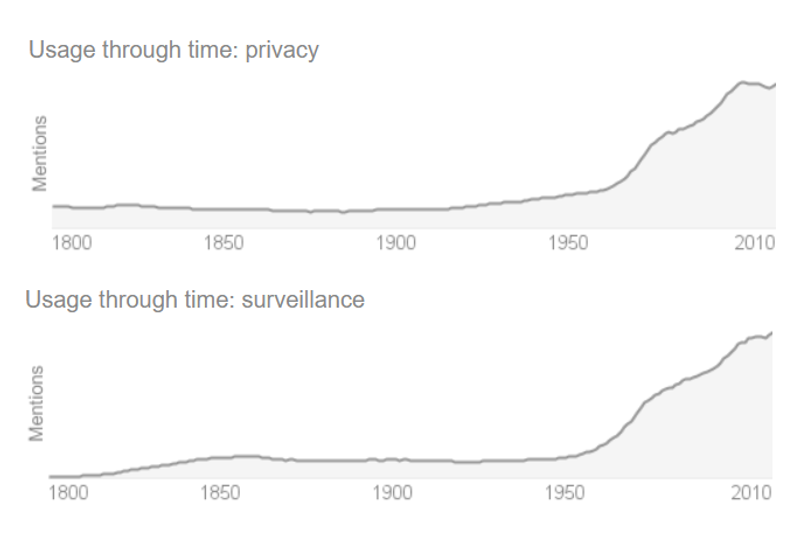Privacy: Your Consent Is Not Needed
Some time ago I’ve read that privacy is a matter of consent.
privacy is about consent
It made me think. Yeah, it makes sense. If you don’t give your consent to share certain information, and someone does it, then that’s a violation of your privacy. And most services ask your consent, through privacy policies or the service’s terms and agreements, which seem to recognize that privacy is about consent.
But that wasn’t the end of that wandering thought. Something was missing. Consent certainly covers part of it because when you give your consent your already acknowledge that privacy leak. But it doesn’t seem general enough as, in my opinion, privacy is a matter of controlling information.
Information technology

Technology made the world a smaller place by making global travel accessible and global communication commonplace. On the one side, we’re able to talk with anyone almost anywhere in the world. On the other hand, that comes with the realization that technology, specially communication technology, makes us more exposed.
We form a crude mental picture of how computers, phones, the Internet works and move on with our business. Until we’re suprised by a leak. As always, surprise is there to guide us through the world. We leak information in everything we do and our sense of privacy can be violated in the most surprising ways. Big Brother, for example, knows when a woman is pregnant, just from leaked information, weeks before her friends.
The ability to conceal
So I think privacy is mostly about the ability to conceal information from observers. Information truly wants to be free and our ability to keep information private is compromised at the very moment it is produced. Once produced, it can be captured, reproduced, and made public. So, in general, consent is meaningless. We actually depend a lot on others to keep our privacy because we lack the ability to stop them. We may use “consent” as our desire to retain the ability to prevent leaks, but we actually cannot stop a secret from being retold.
Even if we create barriers to mark our private sphere, as we always do, it always has breaches, specially in the age of information. Our lack of understanding about how things work and lack of ability to conceal private matters is what creates this sense of exposure.
Expectations
With changing technology there’s always a gap between what we think we are able to conceal and what we are actually able to conceal. We also cannot tell for sure if some aspect of our private lives was captured until it’s public. And in many situations we depend on others to protect our privacy. So essentially, the violation of our privacy is a matter of expectations. Consent is just playing nice.
privacy is about expectations
We create a model of how the world works and expect that to be true. Any deviation generates surprise and makes us alert to that new reality. We would like the ability to stop everything from leaking, but we actually don’t. We would like to be asked for consent for most things that affect us, but we actually aren’t.
We can’t unshare things. So, instead, we must learn what information we leak and either improve our ability to control that or adjust our expectations. Both those things are important and productive. Demanding consent to be asked works but is unreliable.
At some time in the future our thoughts, the last bastion of privacy, will be at stake. Some technology will be able to sense our most intimate ideas at a distance. In this arms race, if we don’t improve our understanding and ability to control privacy we must adjust our expectations of freedom.
without privacy there can be no freedom